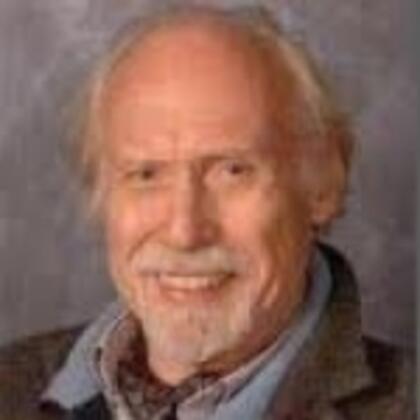
Professor Edward J Nell
Edward J. Nell is an American economist and a professor at the New School for Social Research in New York City. Nell has been a member of The New School faculty since 1969, and has held the position of Malcolm B. Smith Professor of Economics since 1990.
Nell's contributions are in the field of Macroeconomic Theory, Monetary Analysis and Finance, Economic Methodology and Philosophy, Transformational Growth and Development. He has written twenty books and his articles on economic theory and methodology have appeared in leading journals like the American Economic Review, the Journal of Political Economy, the Journal of Economic Literature, Cambridge Journal of Economics, Eastern Economic Journal, Review of Political Economy, Economic Development and Cultural Change, Analysis, and Social Research.
Nell is known for his critical view of the methodological and philosophical foundations of Neo-Classical Economics (what Nell calls "free-market economists"), examined in his best known book Rational Economic Man (Cambridge University Press, 1975) and coauthored with English rationalist philosopher Martin Hollis. Nell is also the originator of the General Theory of Transformational Growth. The full development of the General Theory of Transformational Growth came in the 90s, and was published as The General Theory of Transformational Growth (Cambridge University Press, 1998). The methodology/philosophy which underlies it is a form of realism, based on filling in 'conceptual truths' by doing fieldwork and then building models of solidly based institutionally grounded relationships.
In a collection of essays in honor of Edward J. Nell published in 2004, Argyrous, Forstater and Mongiovi wrote:
"Nell has been pushing the envelope of economic theory for more than forty years. His writings and teaching reflect the intellectual values cherished by the German-speaking émigré economists who formed the backbone of the Graduate Faculty at its inauguration in the early 1930s — methodological eclecticism, a critical outlook toward conventional economic thinking, and a powerful commitment to the idea that the ultimate purpose of social science is to assist the achievement of progressive outcomes."
Nell's intellectual breadth is indicated by the range of issues to which he has made important contributions: Growth Theory, the Capital Theory Debate, Monetary Economics, Macroeconomic Theory and Policy, Drug Policy, Structural Economic Change, Economic Methodology, Economic History, Analytic Philosophy, and the Philosophy of Knowledge.


 Login
Login
